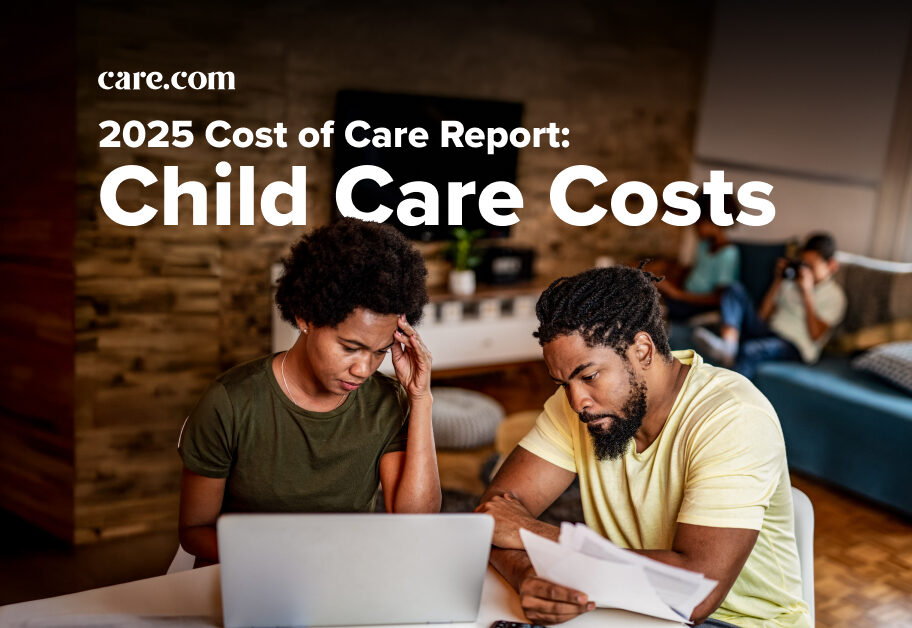Every parent wants to shelter their children from the horrors of the world for as long as possible. However, sooner or later, every child has to confront a tragedy. It could be a friend at school passing away or a natural disaster wreaking havoc near or around their hometown. Even hearing about tragic news on social media or television can have an adverse effect on children.
These are extremely difficult topics to broach with teenagers, especially considering you may not know what your child needs. Here are tips for how to talk to children about tragedy and how to guide the conversation in a productive manner.
The best way to start the conversation can be to ask your child what they already know about the event. If a school shooting occurred, then ask your kids what they have heard.
Based on what they know, you can ask their questions and clarify anything they might’ve misheard or misunderstood. You may need to fill in the blanks depending on their level of understanding.
In addition to talking about what they know, ask them how they feel. Remind them that anything they are feeling is normal. Common feelings may include fear, anxiety or confusion. If you find that these feelings exist well after the event occurs, you may need to speak with a school psychologist or therapist about what you are seeing.
Listen to What They Say
When picking a time to talk to your child about tragedy or recent events, you want to select a moment where you will both be uninterrupted. One of the easiest ways to comfort your child and ease anxiety is simply to listen. You want to give your child your full attention, and you do not want to be distracted. Your child should be the center of attention during this time, so he or she understands this is important. Just as you expect their undivided attention when discussing important topics with them, you should give the same in return.
Reassure That You’re There to Support
Truthfully, everything may not be okay, but it’s important as a parent that you do everything you can to be a source of support for them. You will be there to help your child with anything and will do your best to keep your child safe. However, you should not be afraid to say, “I don’t know,” if your child asks something you cannot explain. You may not have all of the answers, especially when it comes to such devastating news or events. A young child may ask, “Why do bad things happen in the world?” There is no easy answer with this, so again, show you are human by showing you do not know everything.
It may also be comforting for your child to hear how you are feeling. As their role model, it’s okay to be vulnerable and cry, then they will be more likely to express their own emotions, rather than keeping them bottled up.
After you talk to your child, it is important to take care of your own mental and emotional well-being too. It may be helpful for you and your family to take a break from the media. Additionally, if your child expresses interest in taking action, encourage them to do so. Sometimes, the best way to cope is to do something.
Finally, make sure your child is aware of all possible resources to go to if they need help. Remind them that school guidance counselors or mental health professionals are always there to listen and offer comfort.






